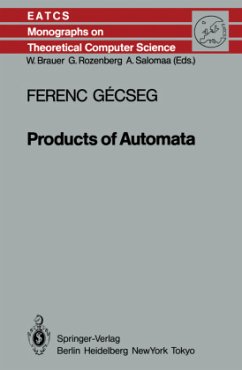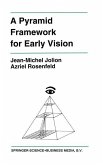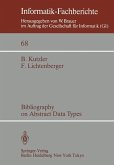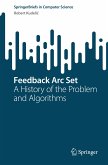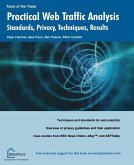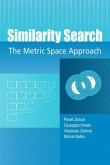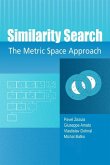Both theoretical and practical considerations motivate the repre sentation of objects as certain compositions of simpler ones. In the theory of automata this observation has led to the concepts of pro ducts and complete systems of automata. In the general form of the products of automata all the component automata are fed back to one another. With this very broad notion of products, the realization of automata with large numbers of states by means of compositions of basic components is a highly involved process; this increases the possibility of errors. In order to decrease the complexity of feedbacks, a hierarchy of products called lXi-pro ducts was introduced some 10 years ago, where i runs over the set of all non-negative integers. In an IXcproduct the index set of the component automata is linearly ordered. The input of each automaton in the product may depend on the states of all automata preceding it, i. e. , all component automata steer all those automata which follow themin the product. Furthermore, at most the next i-I automata (including itself) may be fed back to the input of a given component automaton. Thus for iXcproducts the lengths of feedbacks are at most i. The aim of this monograph is to give a systematic account of iXi-Products. It consists of five chapters, a reference section, and an index. The first chapter contains the necessary concepts and results from universal algebra, automata, and sequential machines.
Hinweis: Dieser Artikel kann nur an eine deutsche Lieferadresse ausgeliefert werden.
Hinweis: Dieser Artikel kann nur an eine deutsche Lieferadresse ausgeliefert werden.

